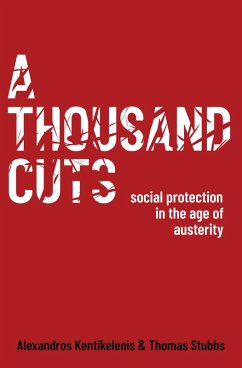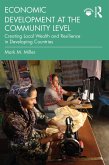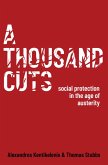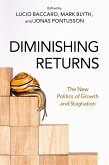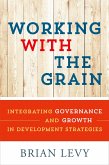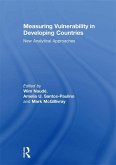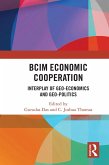The dominant policy response to economic crises over the past four decades has been the introduction of austerity--a mix of budget cuts and reforms to downsize the role of the state. The International Monetary Fund (IMF) has been the world's lender of last resort and leading advocate of austerity, and has been consistently chastised by policymakers and civil society for the consequences of its economic policy reforms on social protection. Critics of the IMF have identified so-called structural adjustment programs as a key cause of global increases in poverty, widespread disease, and unemployment. In the face of such criticisms, the IMF has advanced a narrative of wholesale reform to its practices. In
A Thousand Cuts, Alexandros Kentikelenis and Thomas Stubbs provide a systematic and comprehensive analysis of IMF policies around the world. Based on novel data from the IMF archives, Kentikelenis and Stubbs have generated a replicable database of all IMF-mandated reforms from 1980-2019 to examine their effects on social policies and outcomes. They reveal that although the precise content of IMF-mandated austerity has changed considerably over time, the organization continues to place a high burden of reform on countries in crisis. These reforms then decrease the availability of important social services and contribute to rises in income inequality and decline in population health. Kentikelenis and Stubbs argue that in spite of reform rhetoric, the IMF's practices--and the outcomes they produce--have changed very little over the past three decades. As one of the first systematic assessments of the impact of austerity on people's lives around the world,
A Thousand Cuts makes an important contribution to the continuing debate regarding the consequences of the IMF and how it might better support social protection.
Dieser Download kann aus rechtlichen Gründen nur mit Rechnungsadresse in A, B, BG, CY, CZ, D, DK, EW, E, FIN, F, GR, HR, H, IRL, I, LT, L, LR, M, NL, PL, P, R, S, SLO, SK ausgeliefert werden.

